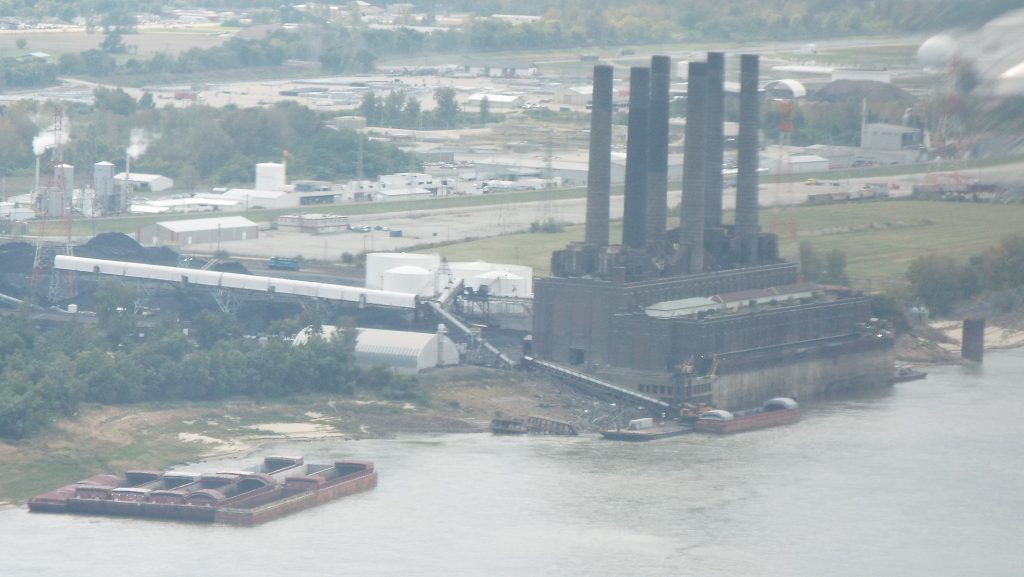How the US Supreme Court’s latest decision affects the EPA’s ability to combat climate change
The high court reduced the EPA’s ability to regulate carbon emissions in a case where jurisdiction was questionable and no ruling was necessary, according to two environmental law experts.

On Thursday, the U.S. Supreme Court closed out a historic term by significantly reducing the Environmental Protection Agency’s ability to regulate carbon emissions. In the case of West Virginia v EPA, the court limited the EPA’s ability to regulate the entire sector, but the agency may still use some measures against specific power plants. This represents just the latest in a series of historically expansive Supreme Court decisions significantly reducing bodily autonomy, vastly expanding gun rights and further eroding the separation of church and state.
Increases in greenhouse gas emissions have significantly increased temperatures and climate change on the planet. Last year, the country experienced 20 separate billion-dollar weather and climate disasters.
“To cut through all this, I’ll just say it flat out — a lot of this has to do with money.” —Nick Schroeck, University of Detroit Mercy Law School
Listen: The status of climate change regulation following the Supreme Court’s latest decision.
Guests
Nick Schroeck is an environmental law expert and the associate dean of experiential education and associate professor at the University of Detroit Mercy School of Law. He says Congress passed the laws at issue in this case so they could allow the experts in the field to determine what safe levels of pollution to have in the air, and pass regulations to make sure we didn’t cross thresholds harmful to human health and the environment.
“To cut through all this, I’ll just say it flat out — a lot of this has to do with money,” Schroeck says. “The Clean Power Plan back in 2016 was going to be expensive. Now it would save a lot of money in reduced hospital visits and reduced asthma — fewer kids getting asthma from air pollution. It would have saved a ton of money from a health perspective, and it would have provided all of these environmental benefits, but it would have been expensive, you know, to transfer away from coal more quickly.”
Schroeck continues: “That’s really what was at issue here … the power of EPA, the power of agencies in general, and a court that really wants to rein that in. And I think that most of that has to do with economic reasons.”
Jeremy Orr is the director of litigation and advocacy partnerships at Earthjustice. He says the court’s decision not only limits the EPA, but also potentially limits citizens from addressing companies that pollute in their backyard. “We’re not just stripping EPA of a tool to regulate, we’re also looking at potentially stripping our communities of the few legal tools that they have to protect their own health and wellbeing,” says Orr.
Photo credit: Lance L Lowry/Wikimedia Commons
Trusted, accurate, up-to-date.
WDET strives to make our journalism accessible to everyone. As a public media institution, we maintain our journalistic integrity through independent support from readers like you. If you value WDET as your source of news, music and conversation, please make a gift today.
